Sensors and actuators
Sensors
A sensor is an object capable of detecting physical or chemical quantities and transforming them into electrical signals.
Depending on the type of the electrical signal produced they can be DIGITAL, ANALOG or DATA.
- DIGITAL: a digital sensor only has two states: activated/disactivated, ON/OFF, 1/0, High/Low. E.g: An electronic pushbutton is a kind of simple digital sensor with two possible states: pushed or not pushed.
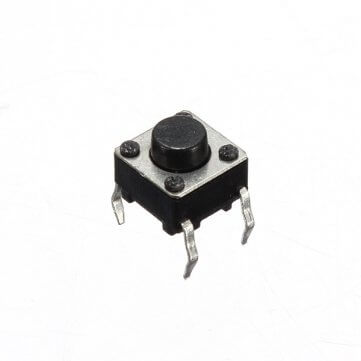
- ANALOG: This sensor can provide a range of values, normally a variable voltage or current value, depending on the signal detected. E.g: A LDR decreases the value of its resistance with an increment of light detected.
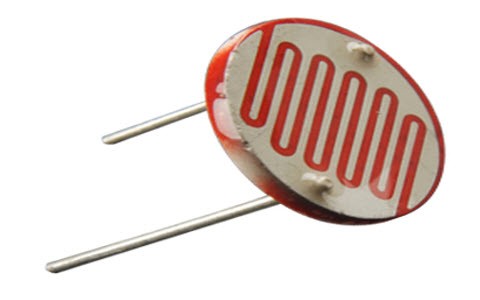
- DATA: the sensor offers its information through a communication interface. E.g: DHT11 sensor measures temperature and humidity.
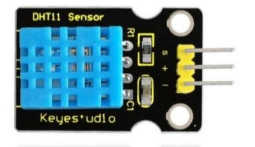 There are lots of different sensors. To get further information click on here.
There are lots of different sensors. To get further information click on here.
Actuators
An actuator is any device capable of performing actions in the physical world that we can control from a processor board (like Arduino)
Depending on the type of action produced they can be:
- LIGHT: The most common is the normal LED, but there is also RGB LED's, neopixel lightsaber, laser or LCD displays
- SOUND: There are active and passive buzzers. Active buzzers play a tone of a frequency determined when they receive a digital "1" whereas a passive buzzer only plays the wave that receives.
- MOTION: There are different types of motors depending on their properties. They usually need auxiliary elements to be controlled by processor boards, because of the voltage they require.
Imagina TDR Steam shield
We will use in our projects one shield called Imagina TDR Steam which is integrable into Arduino UNO, with a multitude of integrated sensors and actuators.
| Sensor/Actuator/Module |
|
| 1 |
Two pushbuttons (SW1, SW2) |
| 2 |
Two LEDS (Blue Led3 and Red Led4) |
| 3 |
Led RGB |
| 4 |
DHT11 Temperature and Humidity Sensor |
| 5 |
Buzzer |
| 6 |
Two digital outputs/inputs |
| 7 |
Infrared receiver module (IR) |
| 8 |
Rotary potentiometer module |
| 9 |
Light sensor (LDR) |
| 10 |
Temperature sensor (LM35) |
| 11 |
I2C Interface |
| 12 |
Analogic input |
| 13 |
Bluetooth and Wifi connection |
| 14 |
Reset button |

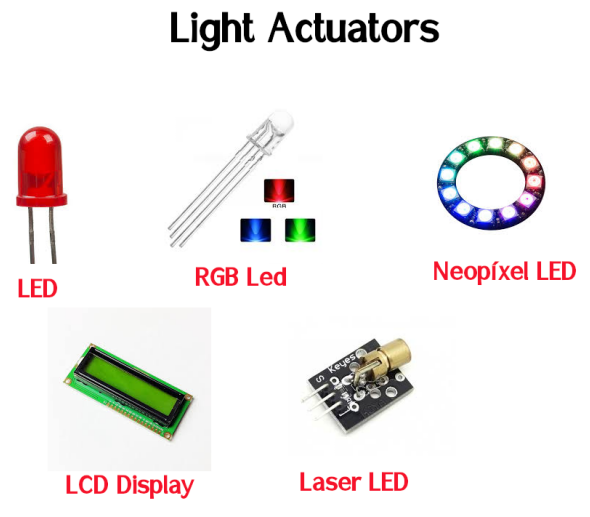
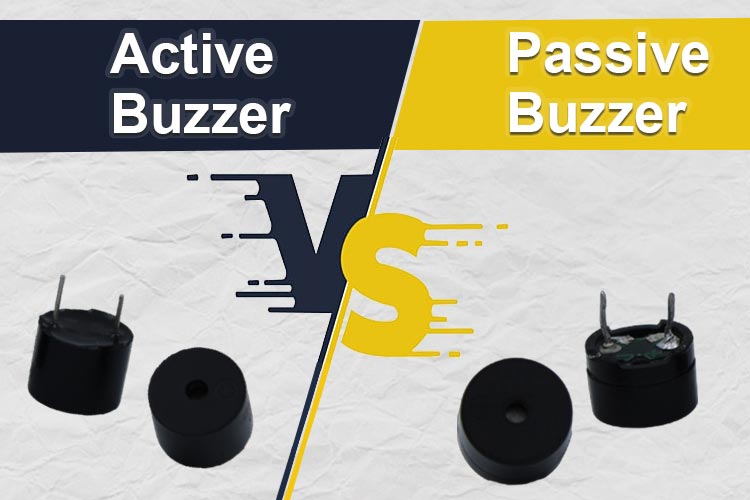


No comments to display
No comments to display